“The more you read, the more things you will know. The more that you learn, the more places you will go”
Dr. Seuss: I Can Read With My Eyes Shut!
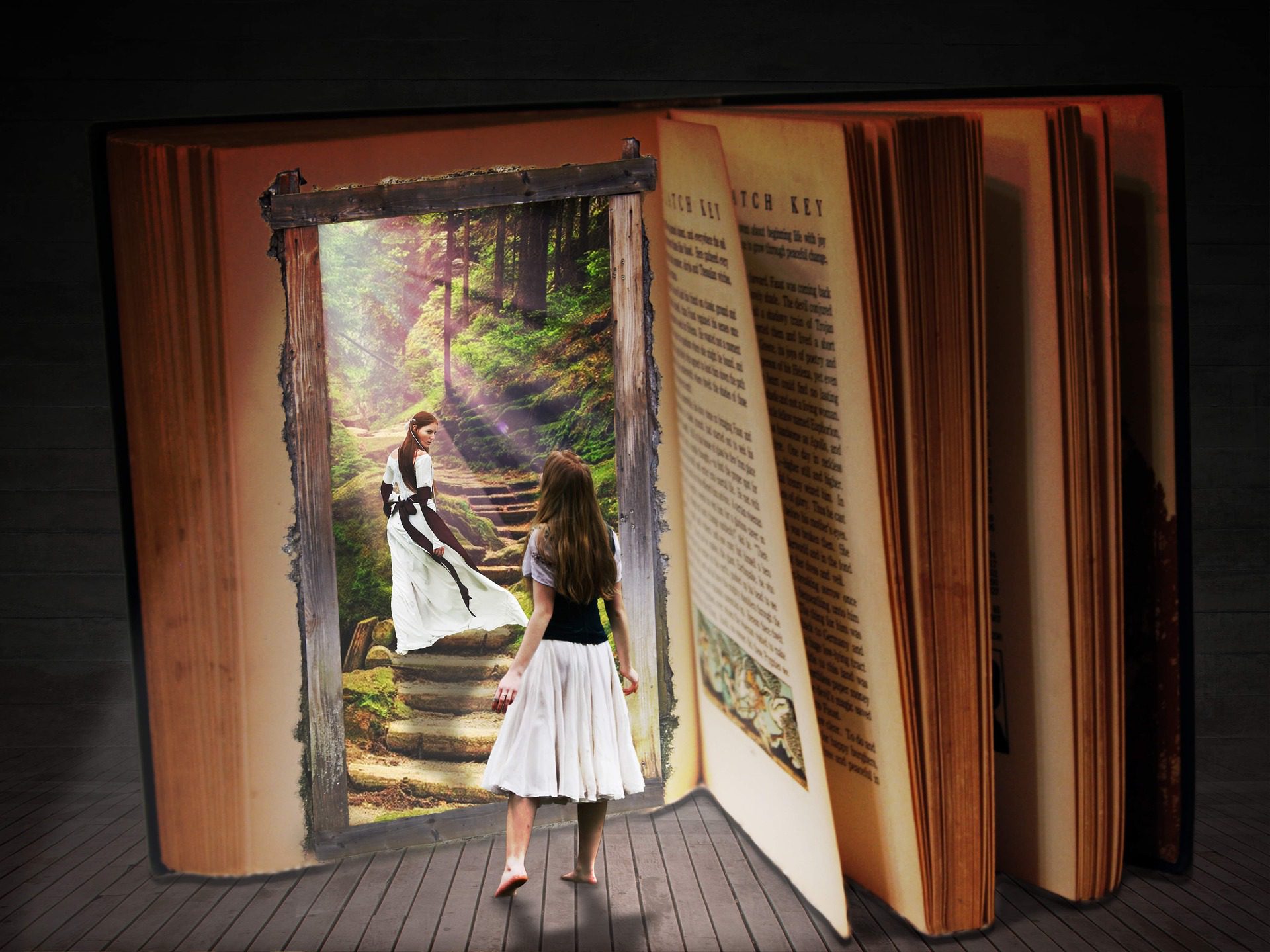
I obviously grew up in the days before Amazon.com and Barnes & Noble bookstores. When I was growing up it was no small difficulty trying purchase books where I lived. Most bookstores in the Denver area were usually small shops with very limited selections, especially in the children’s book department. It was a very frustrating situation for an avid young reader such as myself. But there was one resource available that made life bearable for a fledgling bibliophile.
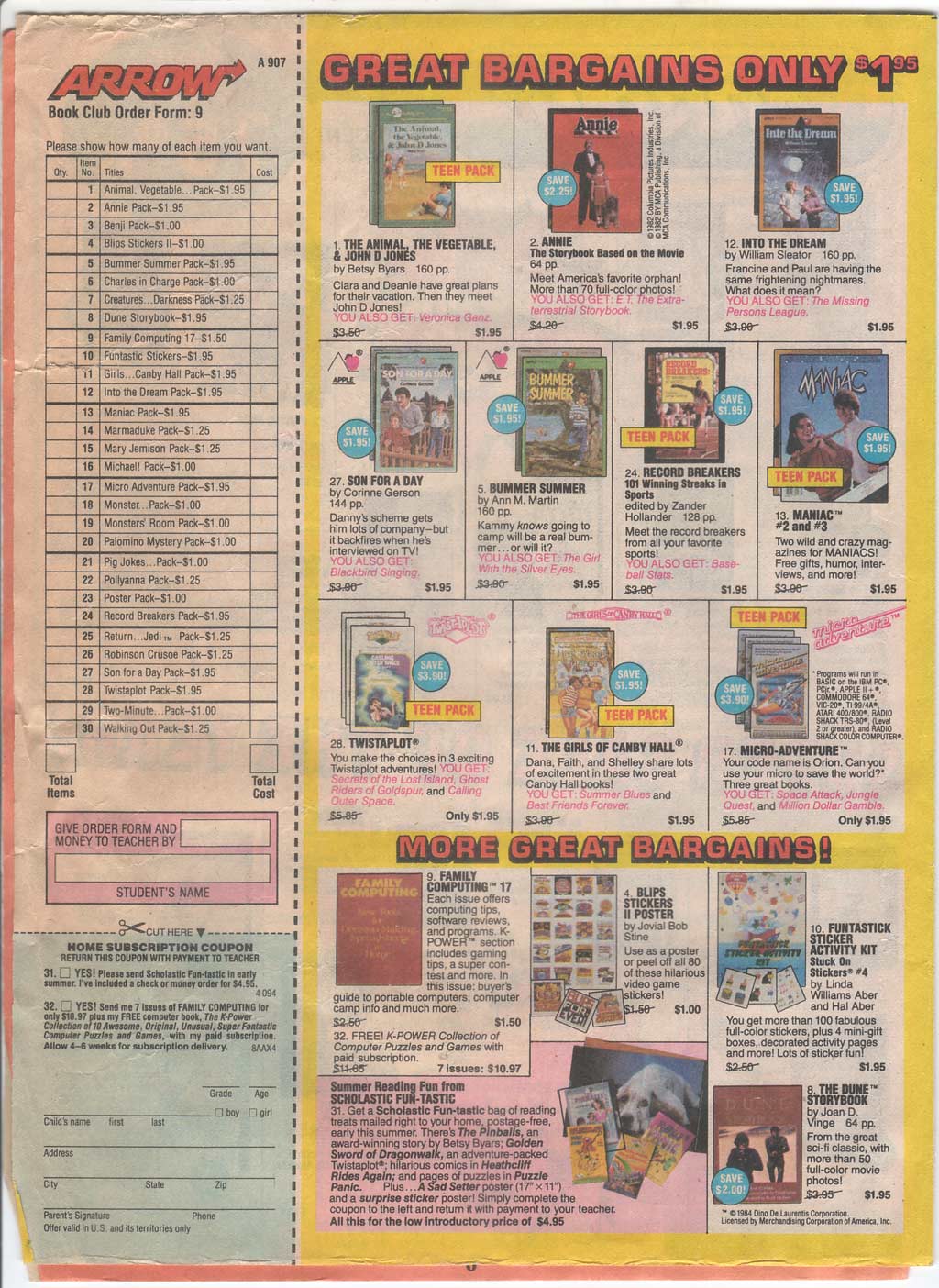 How many of you Boomers who attended elementary school in the 60’s and 70’s had the opportunity to order books from the Scholastic Book Club? Do you remember when the teacher would hand out the paper catalogs chock full of kids books you could order? I would take those catalogs home and carefully pore over the grainy pages, painstakingly choosing which books I wanted the most (I was on a budget, so I my choices were limited). Then I would take my selections to my parents and start to haggle. Once a deal had been struck (which usually involved extra chores on my part), I would complete the order form while they wrote out the check. The next day I would eagerly deliver the check and form to my teacher, then began the agonizing wait for the order to arrive. The Book Club was a lot like Amazon. Amazon on Quaaludes though, because it took weeks for the order to ship.
How many of you Boomers who attended elementary school in the 60’s and 70’s had the opportunity to order books from the Scholastic Book Club? Do you remember when the teacher would hand out the paper catalogs chock full of kids books you could order? I would take those catalogs home and carefully pore over the grainy pages, painstakingly choosing which books I wanted the most (I was on a budget, so I my choices were limited). Then I would take my selections to my parents and start to haggle. Once a deal had been struck (which usually involved extra chores on my part), I would complete the order form while they wrote out the check. The next day I would eagerly deliver the check and form to my teacher, then began the agonizing wait for the order to arrive. The Book Club was a lot like Amazon. Amazon on Quaaludes though, because it took weeks for the order to ship.
Finally, the big day arrived! A large cardboard box with Scholastic Book Club prominently marked on the sides would be delivered to the classroom. Oh, happy day! The teacher would have a couple of students open the precious package and start doling out the books to eager students. I would be on pins-and-needles as I waited for my name to be called to come pick up my books; then I spent the rest of the day anxiously waiting for school to end so I could make a beeline for home and crack open my new treasures. I’m sure I wasn’t the only one who felt this way. The wiser teachers knew to wait until near the final bell before they passed the books out.
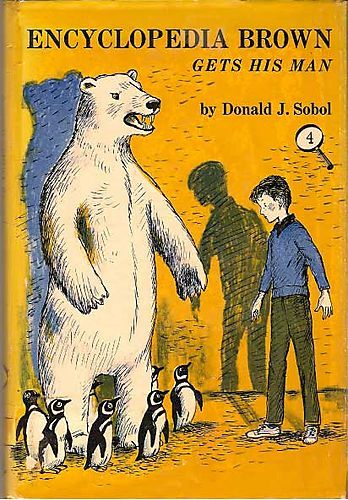
The clue is right there on the cover. Can you figure it out?
The crown jewels of my treasure hoard were the Encyclopedia Brown mysteries by Donald J. Sobol. I loved the Encyclopedia Brown books. I was right there with Leroy “Encyclopedia” Brown and his friend (and crush?) Sally Kimball as they searched for clues, battled local bully Bugs Meany and his gang of thugs called the Tigers, and in the end solved the crime and saved the day! Whether Encyclopedia Brown was helping local kids find lost items (No job too small!), or solving a particularly puzzling case for his father (who was police chief of the fictional town of Idaville), in the end he always had the answer. Each book had three stories, and at the end of each story Encyclopedia Brown would say “I have solved the mystery”. You were then supposed to crack the case yourself from the clues that were given. Once you thought you had the solution, you would turn to the back of the book to find the answer (there was also a brief postscript of what happened to the culprit) to see if you were correct.
I used to daydream about setting up my own detective agency in my neighborhood, but sadly mysteries tended to be few and far between in my little community.
Did you have a favorite book or author when you were a kid? If so, what made it so special to you?
FROM THE NIGHTSTAND
Since we’re already on the subject of mysteries, today I’m going to review my favorite mystery novel: Tony Hillerman’s A Thief of Time.
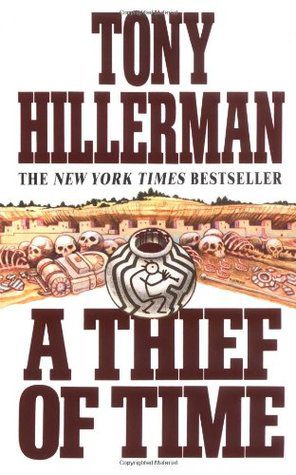 Tony Hillerman had an extensive knowledge of, and a great respect for, the Navajo culture. The way he weaves Navajo beliefs and customs into his stories is both entertaining and enlightening. His protagonists, Lt. Leaphorn and Officer Chee, solve mysteries while also navigating the conflict between their traditional beliefs and the white-man’s sense of justice.
Tony Hillerman had an extensive knowledge of, and a great respect for, the Navajo culture. The way he weaves Navajo beliefs and customs into his stories is both entertaining and enlightening. His protagonists, Lt. Leaphorn and Officer Chee, solve mysteries while also navigating the conflict between their traditional beliefs and the white-man’s sense of justice.
Lt. Leaphorn is a rationalist who rejects many of his culture’s superstitions and uses logic to solve crimes. Officer Chee is more of a traditionalist who wishes to become a yataalli (shaman). He struggles to integrate his police work with his spiritualism. The two men often clash because of their differing outlooks and methods. Still, over the course of the series the two men come to respect and admire each other.
The term “thieves of time” refers to poachers of archeological sites. By stealing artifacts, they steal a piece of history and knowledge. A Thief of Time has Leaphorn and Chee trying to solve the seemingly unrelated mysteries of a missing archeologist, two bodies found with stolen relics in an ancient burial site, a series of homicides and a missing backhoe. As you can imagine, all these mysteries tie together in the end.
Each of the Leaphorn and Chee novels are stand alone stories, so you don’t need to read the preceding books to enjoy A Thief of Time. However, time does move in the series so be aware that there might be references to previous situations or interactions that occurred in an earlier book. This won’t be keep you from enjoying the story.
Tony Hillerman wrote eighteen Leaphorn and Chee novels before he passed away (his daughter has continued the series). The first few books of the series are a little rough as Hillerman was finding his footing. The last 3 or 4 feel like he phoning them in. But the middle books are excellent and Thief of Time is outstanding.
I give A Thief of Time 3 and a half thumbs up.
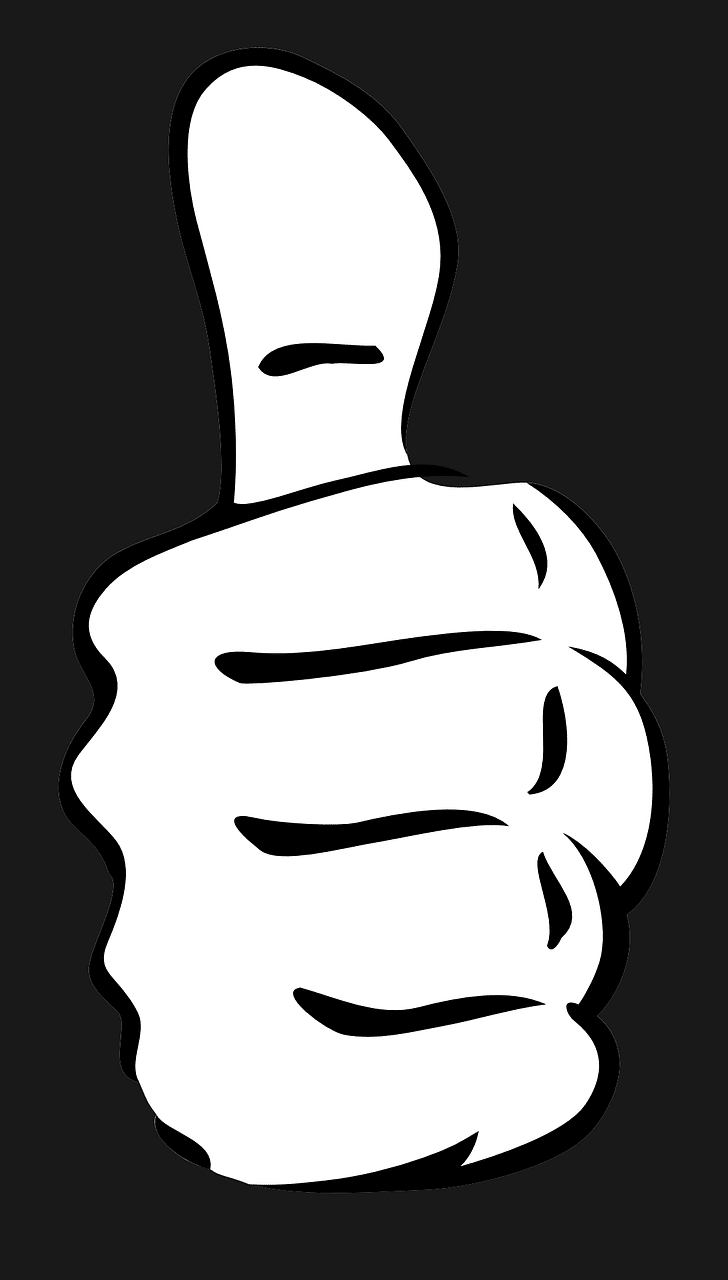


![]()
ON THE BOOKSHELF
Unshackled America by Willard Sterne Randall.
The War of 1812 is the Rodney Dangerfield of American conflicts: it can’t get no respect. While the United States had legitimate grievances against England, starting a war against the most powerful nation on earth when you have no standing Army and next to no effective Navy is a recipe for disaster. The United States lost most every major engagement against the British Empire during the three year war. The only real major victory for the U.S., the Battle of New Orleans, occurred a shortly after peace had been declared.
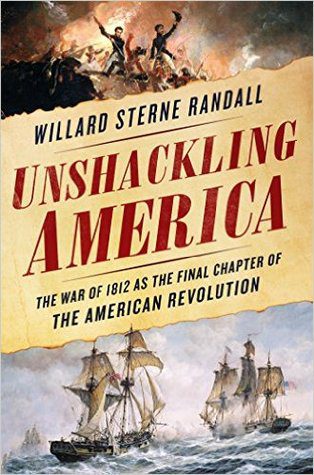 Many historians view the War of 1812 as a second War of Independence. The first War of Independence (1776-1781) was a political war, in which the colonists seceded from England to form their own nation. They see second War, the War of 1812, as an economic war in which the United States attempted to assert its rights for economic independence.
Many historians view the War of 1812 as a second War of Independence. The first War of Independence (1776-1781) was a political war, in which the colonists seceded from England to form their own nation. They see second War, the War of 1812, as an economic war in which the United States attempted to assert its rights for economic independence.
Mr. Randall’s Unshackled America argues that the War of 1812 was in fact the final battle of a 50-year War of Independence. After the Paris Peace Treaty was signed in 1783, Great Britain spend the next five decades trying to strangle America’s trade and economy to prevent a potential economic rival from developing.
DENOUEMENT
I am currently working my way through Anthony Everitt’s The Rise of Athens. I hope to do a review of it in next week’s Weekend Bookshelf. In the meantime, I’m trying to find a book or books about the dark age the followed the end of the Bronze Age but not having much luck. Anybody out there have any recommendations?
This is why I seem to have more unread books than read books on my shelves: I just received some Barnes & Noble coupons in the mail. I can’t let these discounts go to waste, now can I?

I hope you all had a great weekend. Don’t let the Sunday blues get you down too much. Be safe out there!

